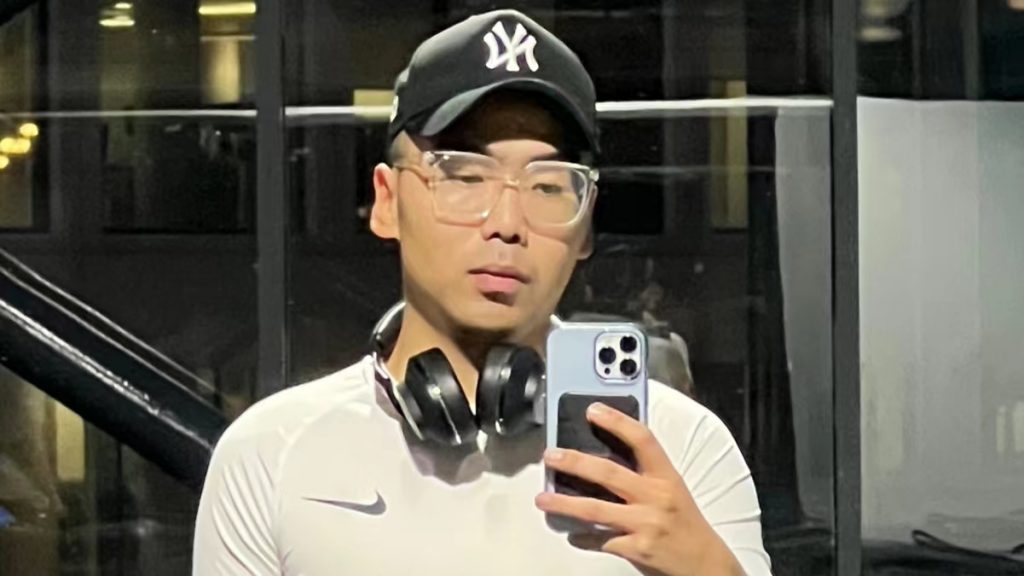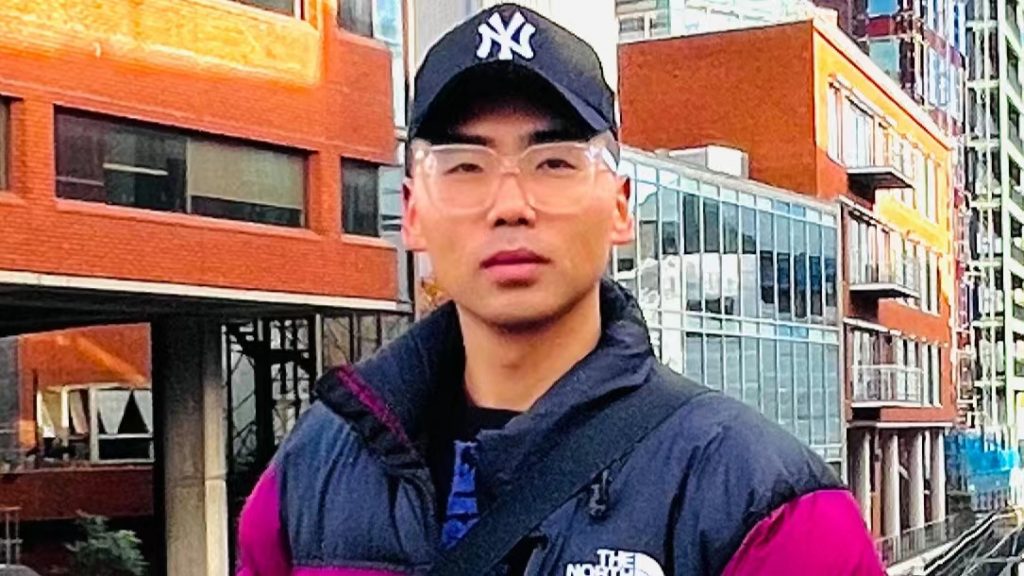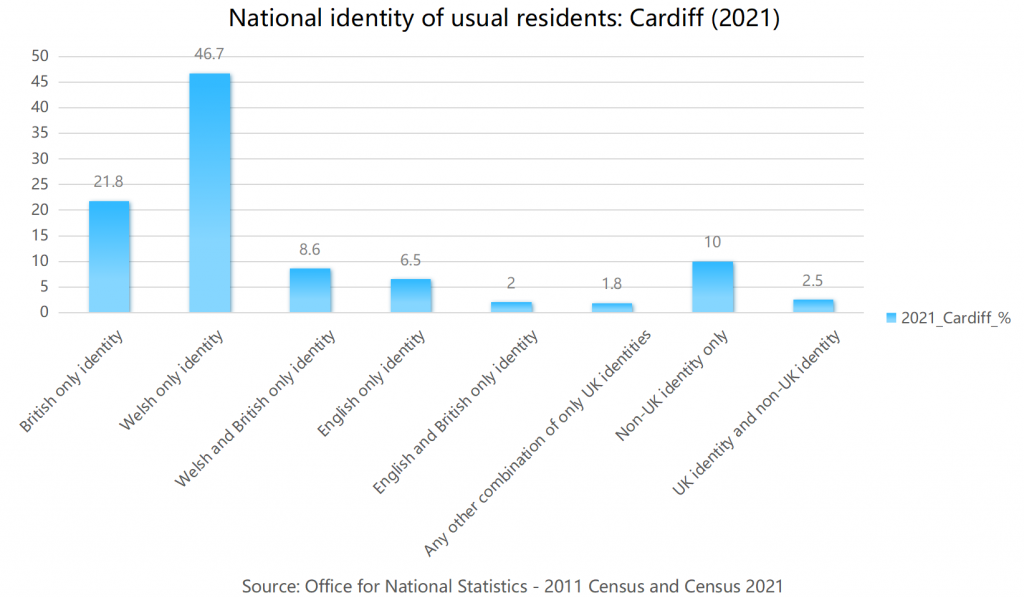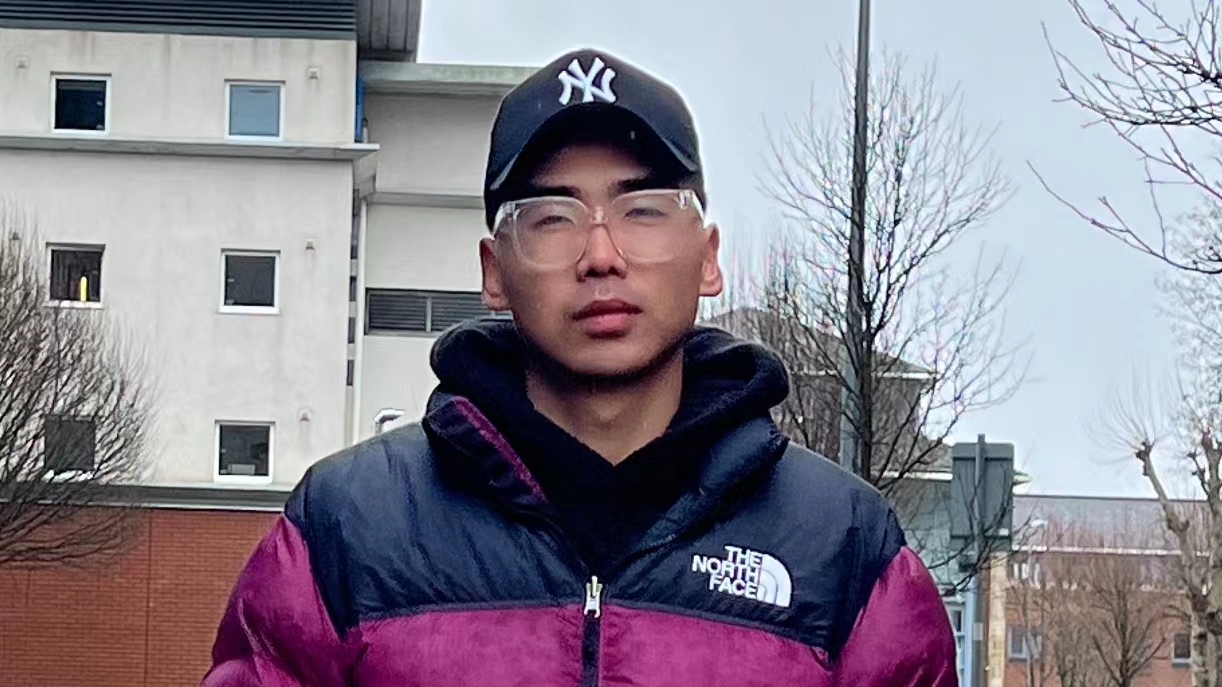Some people are not sure about if they have met racism since the Covid-19. What is going on?
Guichi Ren was walking when suddenly a girl made a pig nose gesture at him. She put one finger on the tip of her nose and waved her other fingers. Her friend joined in, and both laughed at him.
Guichi Ren felt confused. He didn’t know why they behaved like that. They might be mocking me, he thought. He didn’t do or say anything. He has just arrived at Cardiff for less than a month. He regarded people here friendly and nice.
“It was strange to me. I don’t know what they were doing,” said Guichi Ren.

Another day, he told his fiend about this. With the friend’s help, he finally recognised that is racism. He thought bad people are everywhere.
He heard he could go to the police if he met severe racism. Yet, he has no idea of how at that time. He decided to defend himself and go to the police if someone beats him.
“I was unlucky. I don’t want to bother myself. There are all sorts of people. I just ignore them. If only they attack me, I’ll fight back,” said Guichi Ren.

Guichi Ren’s impression on Cardiff worsened a little bit because of this unhappy racism experience. He didn’t want to be a beaten Chinese in the UK. Still, he didn’t think it would not be something frequent. He and his friend still consider Cardiff as a safe place for them.
Xuesong is a traditional Chinese medicine practitioner in the Canton area of Cardiff and has been residing in the city for almost fourteen years. According to him, Cardiff has not witnessed much racism. While Xuesong acknowledges that verbal offenses can be considered a form of racial discrimination, he contends that the instances he observes should not be classified as such.
He said: “Because it’s not aimed at a particular ethnicity. For instance, if someone, like a person who drinks or does drugs, is in the area, when you pass by them, they act that way towards everyone. It’s not specifically targeted at any particular ethnicity; it’s the same for anyone.”
Xuesong, drawing on his experiences, does not believe he has faced discrimination in Cardiff due to his Chinese cultural background. He expresses confidence that he wouldn’t encounter discrimination while going about daily tasks or seeking medical treatment in Cardiff. Using the NHS as an example, he notes, “I hardly see any racial discrimination from healthcare workers.” Xuesong is of the opinion that being Chinese or from any other ethnic background does not result in different treatment within the NHS.
Highlighting the presence of many Chinese healthcare professionals in major public hospitals in Cardiff, Xuesong suggests a lower likelihood of facing discrimination within NHS services.
Despite hearing various conspiracy theories around him, such as attributing the origin of Covid-19 to China or other Asian regions, or even the United States, Xuesong believes these ideas are not widely popular in Cardiff. To him, most conspiracy theories involve an element of seeking attention.
Xuesong said: “Older people, locals, believe that the Chinese were originally mainly referred to as Hong Kong people or Guangdong people, so this place is called Canton.” This historical connection suggests that the Chinese have been part of Cardiff for an extended period, developing their unique racial identity.

People with proficiency in the Chinese language and Chinese cultural background are usually considered to be Chinese. The identity of second and third-generation Chinese people mostly depends on themselves. They can see themselves as either Welsh, Chinese, or believe that they are both Welsh and Chinese. As for how others perceive them, it might depend on the specific situation.
